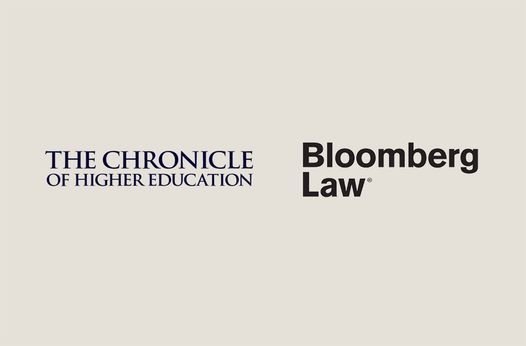Alabama Civil Appeals Court Holds Error in Judgment Rule Requires Expert Testimony to Establish Standard of Care
Lawyers for the Profession® Alert | 2 min read
May 5, 2020
Schaeffer v. Thompson, Ala. Cov. App. LEXIS 25 (2020)
Brief Summary
The Alabama Civil Court of Appeals reversed a trial court's grant of summary judgment in favor of defendant on plaintiffs' legal malpractice claims, because defendant failed to establish the applicable standard of care and that his alleged negligence was simply an "error in judgment" regarding trial strategy. Although attorneys are generally not liable for the honest exercise of professional judgment, the defendant's only evidence in support of the motion was a transcript of the trial of the underlying case, which the court said failed to demonstrate that his decisions were simply strategic or tactical decisions.
Complete Summary
Plaintiffs filed a legal malpractice claim against their former attorney under the Alabama Legal Liability Act, Ala. Code § 6-5-572. Plaintiffs alleged that during the trial of the underlying case, their attorney erred in presenting evidence of a $28,000 judgment and failed to explain the term "hereditament" to the jury. According to plaintiffs, their attorney also failed to present certain evidence and arguments, request certain jury instructions, and make objections at trial.
Defendant filed a motion for summary judgment based on the argument that his decisions at trial were part of his trial strategy. The only exhibit and evidence presented in support of the summary judgment motion was a transcript from the underlying trial. The trial court granted the summary judgment motion, finding that defendant's decisions were "strategic decisions" made during the course of trial. Defendant also filed a second summary judgment motion on his request for unpaid fees from the underlying case, which the trial court also granted.
The Alabama Civil Court of Appeals reviewed the case de novo to determine whether there was a genuine issue of material fact. Plaintiffs argued that defendant did not meet his burden, there was no case law holding that an attorney is not liable for legal malpractice based on decisions made during trial, and that he failed to present expert testimony on the applicable standard of care.
Although the court recognized many cases where courts have held that an attorney is generally not liable for malpractice based on errors in professional judgment, the court noted that under the Alabama Legal Liability Act, a party must present expert testimony to establish the standard of care and any breach, unless the alleged error falls within the "common knowledge" exception—such as a blown statute of limitations. Here, the court noted that defendant did not introduce an affidavit in support of his summary judgment motion which demonstrated the basis or reasoning for the alleged strategic decisions or tactics.
The court concluded defendant failed to establish whether his decisions in the trial of the underlying case were simply errors in judgment or tactical decisions. Accordingly, the ruling was reversed and remanded. Finally, the court noted that the trial court may or may not alter the ruling on the second summary judgment motion related to unpaid fees on remand.
Significance of Decision
Generally, pursuant to judgmental immunity or the "error in judgment" rule, an attorney will not be liable for legal malpractice based on acts or omissions which constitute an honest exercise of professional judgment. To demonstrate an "error in judgment," however, expert testimony from the attorney defendant—or others—should be submitted to establish the applicable standard of care and that there was no breach of that standard of care.
Featured Insights

Employment Law Observer
Dec 8, 2025
12 Days of California Labor and Employment: 2025 Year in Review

Press Release
Dec 4, 2025
Hinshaw Recognized by the Leadership Council for Legal Diversity as a 2025 Top Performer

Press Release
Nov 25, 2025
Hinshaw Legal Team Secures Summary Judgment in Gas Station Injury Case

Press Release
Nov 18, 2025
Hinshaw Releases the Third Edition of Duty to Defend: A Fifty-State Survey

In The News
Nov 13, 2025
A Profile on Neil Rollnick: After 57 Years in Practice, He Has No Plans to Retire

Press Release
Oct 22, 2025
Hinshaw & Culbertson LLP Launches New Website and Refreshed Brand







